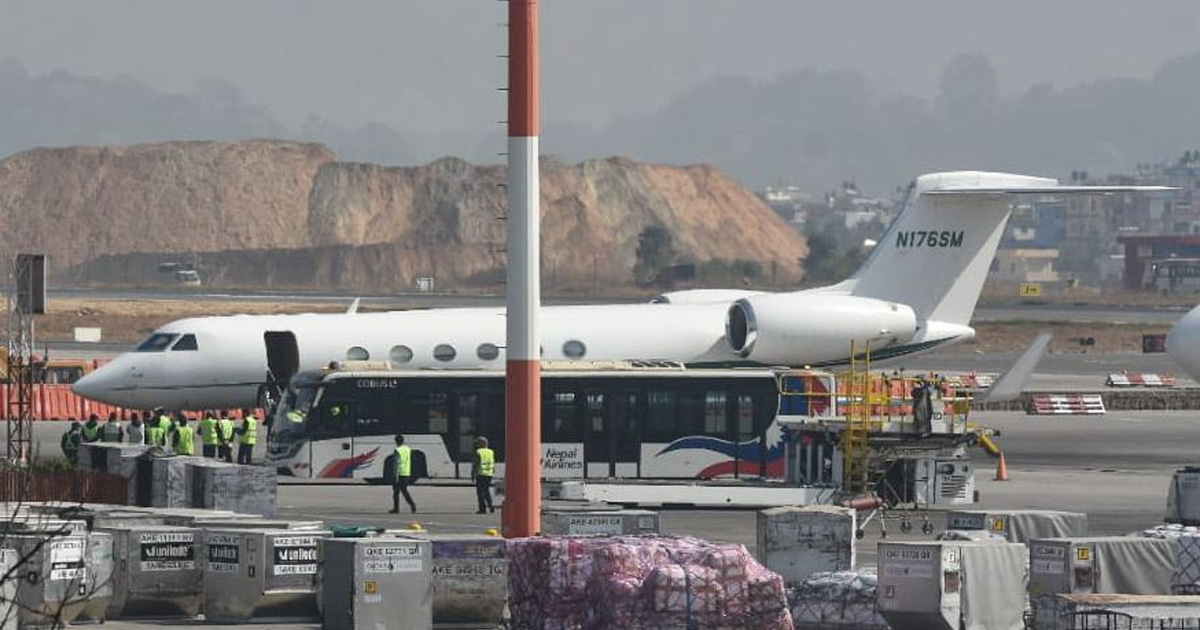

KATHMANDU: A group of 37 Nepali nationals—32 men and five women—arrived at Tribhuvan International Airport on Sunday evening after being deported from the United States on a special chartered flight.
The deportees were immediately received by Nepali immigration officials and security personnel, who began processing them under existing repatriation and immigration protocols.
According to Nepal’s Department of Immigration, the deportees include individuals who had either overstayed their visas, entered the U.S. illegally, or failed to regularize their immigration status.
Some were also reportedly detained under “expedited removal” procedures — a policy that allows U.S. authorities to deport undocumented immigrants without a full court hearing if they have been in the country illegally for less than two years.
The deportation is the latest in a series of removals carried out under the renewed immigration enforcement policies of U.S. President Donald Trump, who returned to office in January 2025.
Since his re-election, deportations of Nepali nationals have surged. Data from Nepal’s Ministry of Foreign Affairs shows that 140 Nepalis have been deported from the U.S. so far in 2025 — more than double the number deported in the whole of 2024.
Even those who had previously enjoyed Temporary Protected Status (TPS) or were awaiting asylum decisions are being removed.
The Trump administration had already begun dismantling humanitarian protections during its first term, and in April this year, it formally terminated TPS for Nepalese citizens — a policy that once shielded around 7,000 Nepalis living in the U.S. from deportation following the 2015 earthquake.
In Sunday’s chartered deportation flight, several of those removed were believed to be former TPS holders or migrants who had entered the U.S. through Central America using irregular and perilous routes.
Officials from Nepal’s Anti-Human Trafficking Bureau are now investigating whether any among the group were victims of smuggling networks or labor exploitation.
Initial interviews suggest some of the deportees paid large sums — ranging from NPR 4 million to NPR 8 million — to reach the U.S., often by traveling through countries such as Brazil, Colombia, and Mexico, before crossing the U.S. border.
These migration patterns have become increasingly common as young Nepalis seek opportunities abroad amid limited prospects at home.
Authorities said all 37 individuals would undergo health checks and security screening before being reunited with their families.
In cases where criminal activity or human trafficking is suspected, further investigation will be launched.